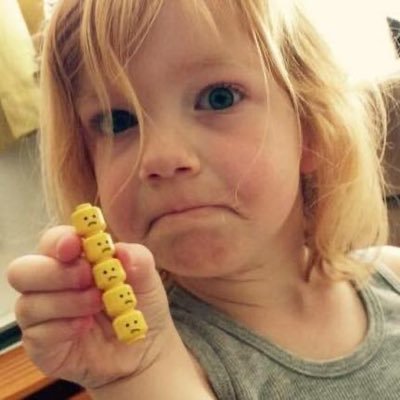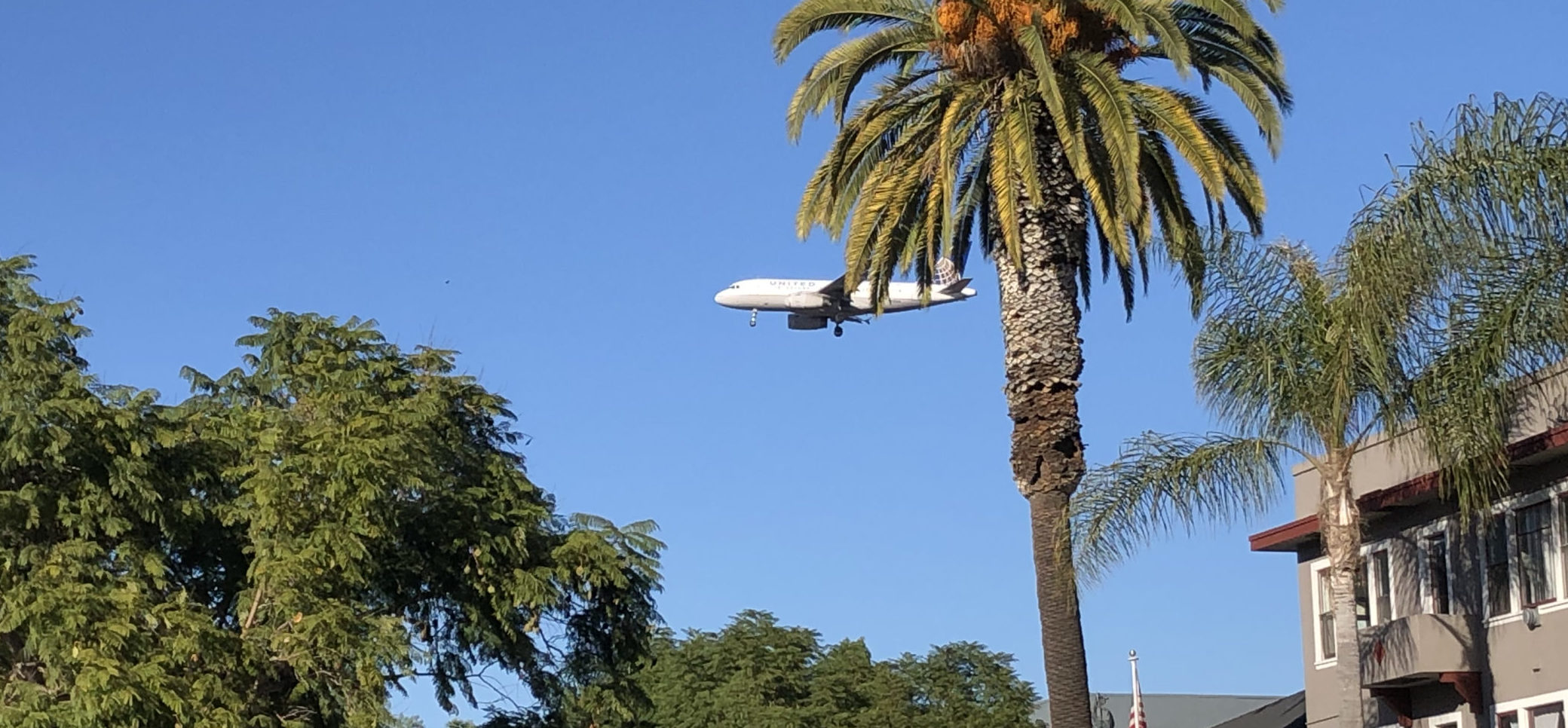I’ve been reading Jenny Odell’s How to Do Nothing lately. I will no doubt have more to say about this book as I continue reading it, sitting with it, thinking about her perspectives on the attention economy, the capitalist impulse toward progress and growth at all costs, how to translate that into my own life and work, and more. But something early on in the book struck me. She writes about physical spaces that disrupt our relationship to our ordinarily worlds and ordinary times, specifically the Oakland Rose Garden and, in general, labyrinths — specifically Rebecca Solnit’s reflections on the labyrinth in San Francisco’s Grace Cathedral and how walking through it disrupted her awareness of being in the heart of the city. Odell writes:
This isn’t anew idea, and it also applies over longer periods of time. Most people have, or have known some who has, gone through some period of “removal” that fundamentally changed their attitude to the world they returned to. Sometimes that’s occasioned by something terrible, like illness or loss, and sometimes it’s voluntary, but regardless, that pause in time is often the only thing that can precipitate change on a certain scale.
I find myself in the midst of a removal. As I write this, I am in a hotel in San Diego. My brother, to be frank, is dying. Because of circumstances, causes and conditions, I am here not only to spend what time we have left together but also to support my family — our mother, his daughters — and navigate the byzantine world of American health care, hospice, insurance, trusts, estates, and everything else.
For nearly fifteen years I have worked with students at the Institute of Buddhist Studies who have gone on to careers as Buddhist chaplains and ministers, have gone on to help support families in exactly the situation in which I find myself. I have read dozens of theses related to terminal illness, death, the “hospital industrial complex,” Buddhist doctrine related to death and loss, and how the Buddhadharma may support or serve as an intervention in these contexts; and I have spent the better part of my adult life teaching students about that most fundamental of Buddhist doctrines — there is suffering, we will all grow old, we will all die.
And now, none of that is merely academic. It is no longer a purely intellectual exercise. It is my immediate and daily reality.
This is, of course, not the first death I have experienced. And as I send apology emails for not responding sooner, and explaining why, and I receive supportive responses, I am hearing others’ experiences of suffering, of loss. I am reminded of the story of Kisa Gotami. And yet.
And yet. There is too much. On some intuitive level I can feel that I am in the midst of this “period of removal.” I can tell that at the other end — when it comes — I will be a different person. But I am still here, in this transitional moment, in the liminal space of a hotel room in a distant city removed from my ordinary support systems (most notably my wife and daughter), lamely trying to keep one foot in my “normal” life, responding at odd hours to emails in odd and cryptic ways.
All at once, I am in awe. I am in astounded at the many people who have not only expressed sympathy and support but who have actively come to my family’s aid. My brother’s life seems to me a pebble thrown into a still pond, the ripples of his life spreading out and impacting not only his family and friends but countless others connected to him in unseen ways.
Later in Odell’s book she once again refers to Solnit, this time A Paradise Built in Hell, wherein Solnit discusses how disasters bring people together. “Several of her interviewees report feeling a strange nostalgia for the purposefulness and the connection they felt with their neighbors immediately following a disaster. Solnit suggests that the real disaster is everyday life, which alienates us from each other and from the protective impulse that we harbor.” This is what I’m holding on to at present. That this disaster my family is experiencing at present is bringing out the best in people. And my hope is to hold on to this feeling in the months and years ahead. To make manifest this sense of connection to combat the disaster of everyday life.
As a final note, prior to the beginning of this current disaster, I had several ideas for posts, and I’ve already drafted many of them. I am planning to set them to auto-post over the next several weeks to hold myself to my self-imposed goal of writing more regularly. This also gets me off the hook for having to write while I’m in this period of removal. I note this for two reasons. One, even though I’m “posting” regularly, I may not respond to comments or emails. Now you know why. Two, some of the subsequent posts may seem wildly off-topic given what I’ve just written. At this moment, I do not know whether or not I will write more about my brother in this public forum. Even if I don’t this experience may impact what and when I write, despite whatever arbitrary goals I’ve set for myself in 2022.


Leave a Reply